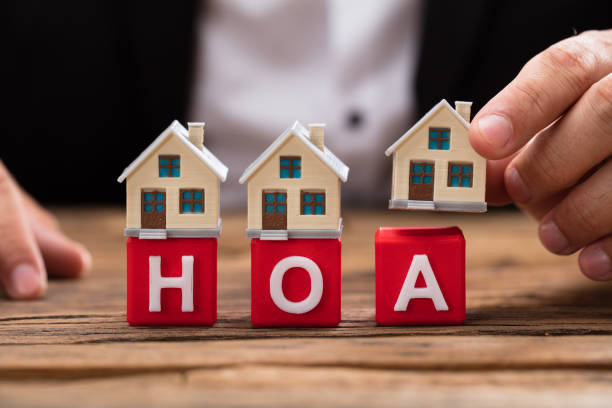Smart Home Checklist for Homebuyers

When purchasing a home with smart home technology, it is import for your Realtor to include a list of every item that conveys with the sale of the property in the sales contract. This includes everything from motorized shades to pool equipment and everything in between. Brand and models should be identified and any exclusions listed in detail to avoid any unexpected surprises at walk-through.
Some common devices include:
- Motorized shades/blinds (confirm number of units)
- Smart thermostats (e.g., Nest, Ecobee)
- Smart lighting systems (e.g., Philips Hue, Contol4, Lutron)
- Smart speakers (e.g., Sonos, Amazon Echo, Google Home)
- Smart doorbells (e.g., Ring, Nest)
- Smart security cameras (confirm number of units)
- Smart locks (ensure all keypads and physical keys are included)
- Smart garage door openers
- Pool equipment with smart features like automated cleaners, heaters, lighting, and more
Account Transfers and App Setup:
Once a smart home is sold, the new owner will need to take over the existing devices by linking them to their own accounts. Before closing, the seller should:
- Remove their accounts from all smart devices
- Reset all devices to factory settings
- Provide transfer instructions or QR codes to easily link the devices to the new owner’s accounts
- Release control of any associated apps (e.g., for smart speakers, doorbells, security systems, and pool equipment)
This step ensures that the buyer can smoothly take control of the home’s systems without relying on the previous owner’s settings or subscriptions.
It would be nice if the Sellers transfer any manuals and instructions. but in today’s world, everything is online and very little printed materials convey anymore. UTube is an excellent “how to” resource as well.
No devices ccan be set-up until you have internet and WIFI access. Make sure this is one of the first appointments you schedule post-closing.
Device Warranties & Service Contracts:
A smart home can come with long-term service agreements and warranties that should be transferred to the new owner. Sellers should:
- Transfer any active warranties or service contracts for smart devices and pool equipment to the buyer.
- Provide details on any subscriptions or paid services (e.g., security monitoring, cloud storage for cameras, or pool maintenance) and confirm when they expire or transfer.
By ensuring these contracts are smoothly handed over, the buyer will have peace of mind knowing that their new devices are fully supported.
Final Walkthrough: Test & Handover:
Before the sale is finalized, the seller or their listing agent should demonstrate how key smart devices work during the final walkthrough. This includes:
- Demonstrating how to control motorized shades, cameras, and audio systems
- Testing pool equipment, such as heaters, lighting, or automated cleaners
- Handing over physical remotes, control panels, and keypads related to smart systems
A hands-on demonstration is the best way to ensure that buyers feel confident using their new smart home features.











 Kim N. Bregman
Kim N. Bregman